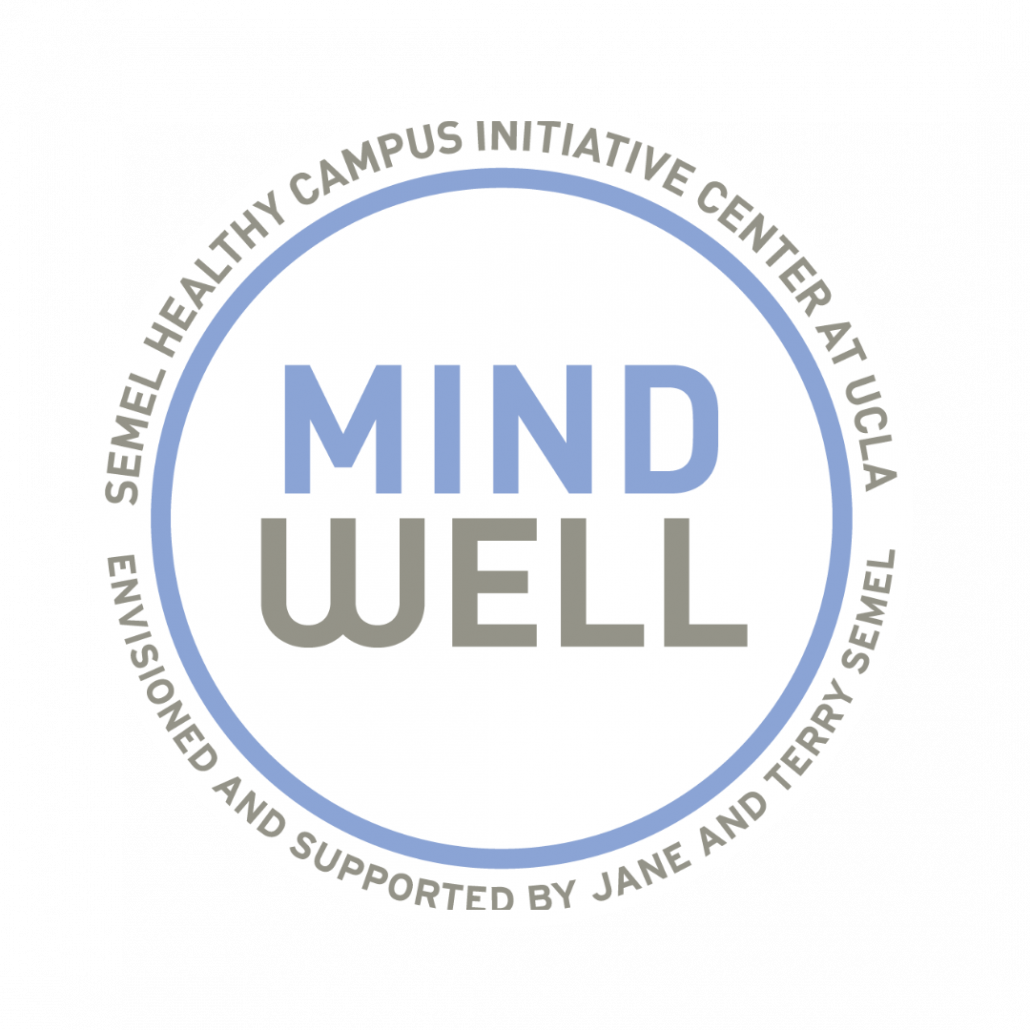Expanding Your Perspective on Self-Care
In order to be a successful student, being healthy and well is pretty much vital. Therefore, self-care should be a priority to manage the stress that accompanies life as a UCLA student. Self-care can be described as “engaging in activities and practices that promote wellbeing and a balanced lifestyle” (GRIT Peer Coaching Program). A balanced lifestyle includes getting enough sleep, eating regular and satisfying meals, and exercising. However, there are many components of self-care that are less normalized but equally important. Self-care goes beyond the physical, to include psychological, emotional, interpersonal, and even academic practices. Look at each category to see how you can improve your overall wellbeing.
Physical Self-Care
Taking care of the body can be one of the first things to go when faced with back-to-back deadlines and exams. When time is limited, our campus culture tells us that all-nighters are the only way to study weeks worth of material, and that eating “real food” is a luxury only for those who do not have an exam tomorrow. In order to improve your physical self-care, you must be aware of your body’s needs. Grounding yourself by taking deep breaths and stepping away from your work can give you insight into what your body needs, whether that be sleep, nutrition, or a good stretch. Examples of physical self-care also include taking time off when you are sick, thinking positive thoughts about your body, and wearing clothes you enjoy.
Psychological Self-Care
We are so lucky to have CAPS, MARC, and other mental wellness services on our campus, but self-care to complement these professional services can improve mental wellbeing. Psychological self-care is equivalent to taking a mental break and bringing awareness to your current state of mind. Throughout the day, we encounter stressors that we cannot always process in the brief moments between class, work, and meetings. Taking time to self-reflect can make a huge difference when it comes to building your awareness of stress triggers and your ability to cope with stress. To improve your psychological self-care, try taking day trips or mini-vacations, reading something unrelated to school, and saying “No” to extra responsibilities to make time for yourself.
Emotional Self-Care
When you’re a student, stressful situations come up so frequently that they begin to seem normal. These situations can cause you to engage in coping behaviors that end up making you feel worse. In order to get to the root of stress, exploring and labeling our emotions is very helpful. Withholding emotions eats up a lot of energy, which may be why you feel so drained after an emotionally-heavy week. Emotional self-care is about doing things that can help improve your emotional state and clear away negative emotions. This can include spending time with people whose company you enjoy, expressing things that bother you directly to the person(s) involved, allowing yourself to cry or express emotions, and giving yourself praise and affirmation.
Relationship Self-Care
Relationships are a huge part of the UCLA experience, whether you are making new friends, building upon current relationships, or keeping in touch with old friends and family. Social connections are a form of support and relieve stress by reminding us what is important. When time is a precious commodity, spending it with people you love can be challenging. In order to improve relationship self-care, prioritize your time with friends. Allow others to do things for you, and try to ask for support when you need it. 
Academic Self-Care
Although academics can cause major stress for UCLA students, academic self-care is rarely mentioned. But it makes sense to channel your self-care towards the parts of your life that create stress. Finding comfort in where, when, and how you study can drastically improve your productivity. Studying in spaces where you feel productive, seeking help from academic resources, taking intentional study breaks, and scheduling regular times to study are all examples of academic self-care.
Self-care is not about excelling in every strategy. It is for you alone to decide which tools work for you when moving towards a more balanced lifestyle. To plug into a program that emphasizes self-care and holistic wellness, check out the GRIT Peer Coaching Program, a free one-on-one peer coaching program that any student can utilize for a supportive and empathetic listening space.Taking care of yourself and prioritizing your own needs is a process, but these strategies and resources can support you at any stage of your growth.
Maya is a third year World Arts and Cultures major and Public Health minor, and she represents the Bruin Research Center in the HCI Living Well Coalition.
Link for photo 1: https://commons.wikimedia.org/wiki/File:Dog.in.sleep.jpg
Link for photo 2: https://www.flickr.com/photos/hotrodhomepage/11103892



